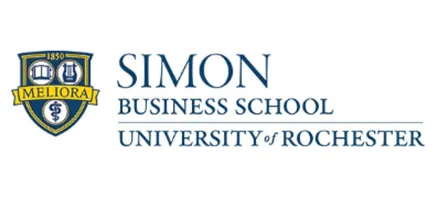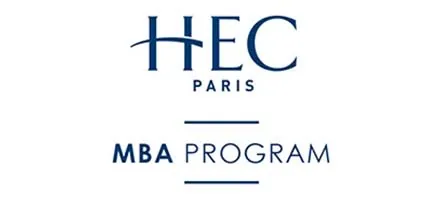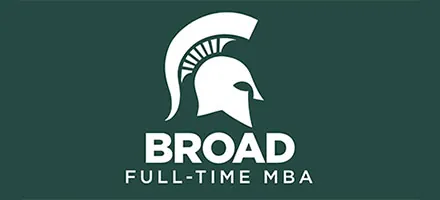‘EVERYBODY IS TALKING ABOUT ENTREPRENEURSHIP ALL OVER THE WORLD’

Dave Mawhinney, director of Carnegie Mellon Center for Innovation and Entrepreneurship
“Entrepreneurship is what everybody is talking about all over the world,” says Dave Mawhinney, a serial entrepreneur who is co-founder and director of the Carnegie Mellon Center for Innovation and Entrepreneurship. “In every café, there are 30 conversations going on about starting your dream business. It’s a different world.”
When Mawhinney graduated with his MBA in 1990, he was the only one in his class who started a company from school. “My classmates congratulated me and said that’s cool and then laughed behind my back,” he recalls. “Now everybody wants to hang out in their shorts and flip-flops and launch a company.”
The primary motivation, of course, is the desire to control one’s destiny. “These students don’t want to work for anyone else,” says Trish Cotter, an entrepreneur-in-residence at the Martin Trust Center for MIT Entrepreneurship. She notes that 70 startup teams vied for 17 spots in the MIT Global Founders’ Skills Accelerator this summer. Some 40% of the 86 entrepreneurs in residence are from MIT’s Sloan School of Management. “It’s a different mindset.”
Mawhinney says he has an 80/20 rule on entrepreneurship. “About 80% of the people should not be entrepreneurs. They really don’t understand the risk tolerance. And yet we are at the 80/20 mix right now. We have a ‘want-to-preneur’ problem.” The FT stats, in fact, are something of a tipping point, showing that nearly a quarter of MBAs three years out are starting companies.
HARVARD MBAS MOST LIKELY TO RAISE ALL OR PART OF EQUITY FROM INVESTORS
The FT survey data also showed that MBA entrepreneurs from Harvard Business School and UC-Berkeley’s Haas School were most likely to have gotten money from investors. Some 87% of HBS
entrepreneurs raised all or part of their equity via investors rather than from friends and relatives, while 82% of Berkeley’s MBA founders did the same. Six out of 10 Stanford MBAs took all or part of their funding from investors. At both MIT Sloan and Dartmouth Tuck, it was nearly seven out of 10 (68%) who were backed by investors.
Graduates more likely to bootstrap their startups were those from Ipade Business School, from which only 33% of MBA entrepreneurs raised money from investors, USC’s Marshall School (40%), HEC Paris (45%), Oxford Said (48%), and Babson College (49%).
Ultimately, one big question is whether entrepreneurship on college campuses has peaked. Harvard’s Eisenmann says there are four primary factors out there to answer the question:
Boom/bust cycles in venture valuations, the overall health of the economy, millennial preferences, and finally support provided by the schools.
MILLENNIALS ARE ATTRACTED TO THE STARTUP CULTURE & B-SCHOOLS HAVE UPPED THE GAME
“Startup valuations increased sharply from 2013 through 2015, doubtless attracting many MBAs and other aspiring entrepreneurs,” Eisenmann says. “National Venture Capital Association data shows that venture capital firms invested $23 billion, $30 billion, and $59 billion in U.S. startups in 2010, 2013, and 2015, respectively. The VC deal count for those years was 3.7K, 4.3K, and 4.4K, suggesting that valuations basically doubled from 2013 to 2015. For the first quarter of 2016, investment levels and deal counts are both down 11% compared to Q1 2015. So, the bubble has been deflating.”
It’s almost impossible to predict, however, whether this is the start of a long, deep decline in valuations or just a pause in a long-term boom, Eisenmann notes.
When it comes to MBAs and startups, he adds, “an individual’s propensity to launch a venture depends in part on their opportunity costs. When the economy is booming and MBAs have lots of great job prospects, the opportunity cost of launching a venture is higher. When the economy is mired in a recession and fewer great jobs are available, MBAs may be more inclined to take the startup plunge, as we saw with the classes of 2009 and 2010.”
Meantime, Eisenmann believes that millennials are attracted to a path where they can make a difference in the world by building something themselves. At the same time, he says, “MBA programs have significantly improved the quality of curricular and extra-curricular support they provide to aspiring entrepreneurs, making it easier for students to test this career path and improving success odds when they do launch a venture.”
Bottom line: Expect a lot more MBA startups.
DON’T MISS: THE FINANCIAL TIMES RANKS TOP 25 SCHOOLS IN ENTREPRENEURSHIP









